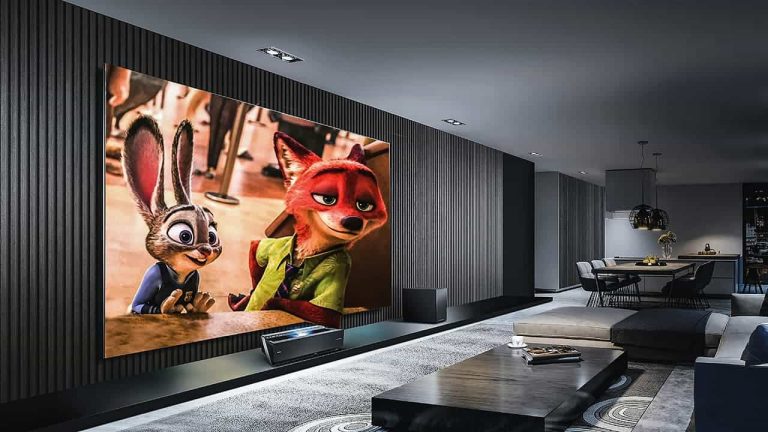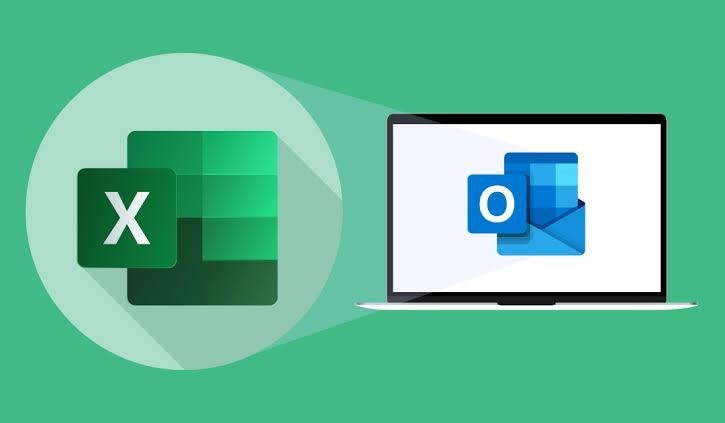In a recent development, Android system development manager Arif Dikici confirmed that the Play System update released in March 2024 has switched to VideoLAN’s open-source libdav1d codec, thereby improving support for AV1-encoded video. This update is a significant step towards enhancing the video playback experience on Android devices.
Arif Dikici, Software Development Manager on the Android Video and Image Codecs team, said.
“Android welcomes dav1d, the best AV1 software decoder. It’s official! All Android devices back to Android S received this new codec over the air. Most devices can decode 720p30 in software using dav1d. Apps need to opt into dav1d to benefit for now yet soon it will become the default av1 software decoder.”
Back in February, Mishaal Rahman, a senior contributor at Android Central reported that Google plans to roll out a Play System Update that enables libdav1d as Android’s default AV1 software decoder. He said
The libdav1d codec is available on Android 12+ devices with the March 2024 Google Play System Update or newer. However, the libgav1 codec is still used by default, so apps have to manually opt in to using libdav1d instead. YouTube has already started doing so (though this has led to mixed results for some users).
Compared to libgav1, libdav1d is significantly more efficient and performant at decoding AV1 videos. Of course, a hardware accelerated decoder is still preferred, but many devices don’t have a HW AV1 decoder.

Google’s Open Source AV1 Decoder
The Android Open Source Project (AOSP) has included the open-source AV1 Video Codec libgav1 developed by Google since the release of Android 10. However, VideoLAN’s open-source libdav1d codec has higher codec performance and efficiency than libgav1. It can make full use of device CPU resources, reduce bandwidth, and optimize the video playback experience.
Gizchina News of the week
Improved Performance with libdav1d
Google states that most Android phones can decode 720p30 videos through libdav1d. This improvement is significant, considering that even low-end devices can play high-quality AV1 videos smoothly without consuming too much power. For instance, on a Google Pixel 3 XL mobile phone without a hardware-accelerated AV1 decoder, when using libdav1d to decode 4K60 resolution video, the average frame rate can reach 50fps while using libgav1 is less than 10fps.
Addressing Bluetooth Latency Issues
While the new codec improvement is a positive development, it is essential to address other issues affecting the Android ecosystem. One such issue is Bluetooth latency, which needs a serious overhaul[1]. Despite the improvements in Bluetooth technology, there are still latency issues, especially when using Bluetooth for video or games. This latency can be as high as 1 second, making it unsuitable for real-time applications like playing digital instruments or rhythm games.
Possible Solutions for Bluetooth Latency
One possible solution for Bluetooth latency is to use proprietary codecs like Samsung’s proprietary codec or LDAC, which is prevalent in Sony devices. These codecs can reduce latency and improve the overall user experience. Additionally, using Wi-Fi 6 instead of Bluetooth can also address latency issues, as seen in some cases where Wi-Fi 6 improved the smoothness of the video playback experience on older devices.
Conclusion
The recent announcement by Google about the integration of the open-source AV1 video codec, libdav1d, into Android through a future update, is a significant development for the Android ecosystem. This update is expected to improve video playback on devices without dedicated AV1 hardware, allowing even budget and mid-range devices to play AV1 videos smoothly without consuming too much power. The new codec is designed to leverage the CPU for handling intricate decoding tasks, ensuring that devices without built-in AV1 hardware can smoothly play AV1 videos. This development is a positive step towards enhancing the video playback experience on Android devices, especially considering that many Android smartphones and tablets lack dedicated hardware to decode AV1 videos.
However, it’s worth noting that this could potentially lead to a greater drain on battery life due to the increased demands on the CPU. The update is likely to hit devices in March 2024 via the Google Play System Update, where it will replace libgav1 with the more efficient libdav1d. This update is expected to significantly improve video playback performance, especially on older devices, and is a step towards making AV1 the go-to standard for video services.
Via: gizchina.com










